Since ESL launched a Corporate Social Responsibility (CSR) Self-assessment tool in 2011, a number of our partner language schools have used the chance to assess and further develop their internal CSR strategies. The innovative system encourages schools to honestly view their existing policies through answering a detailed set of questions and then to formalize a CSR strategy with support from ESL and other language schools. In designing the tool, we recognised that many partner schools were taking steps in the right direction but would benefit from the sort of formal structure we have in place within ESL.
The Sydney English Academy (SEA) is one partner that has taken advantage of the CSR tool. Based in the quiet Sydney suburb of Manly, just metres from the beach and a stretch of the Pacific Ocean often visited by whales, the school is surrounded by stunning biodiversity. Inland from the city lie the Blue Mountains and the famous Three Sisters peaks, located in hectares of rolling forests. “Australians now realise that any major changes to the world’s climate will have a significant impact on Australia’s natural environment and the quality of life that many Australians enjoy” according to school directors Mick Edwards and Sam Milton.
After recognizing the responsibility of business owners in encouraging sustainable business practices, SEA began their process by taking “the simplest of all actions… to turn staff and student electronic equipment off at the power point at the end of each day” leaving only one computer switched on to allow remote access. Where possible, the school switches off its air conditioning units an hour before the end of the day. As well as environmental benefits, the cost savings created by these policies then enabled SEA to source a significant percentage of its energy from renewable sources, and all flights taken by the directors are carbon offset.
The directors of SEA are very positive about the benefits of the ESL tool for their own CSR process and those of other language schools. “The ESL self assessment program can allow institutions to share knowledge about the ways to make their individual businesses to be more sustainable… it gives the school a structured format to assess its level of sustainability and to formulate plans of how to improve on what they do already.” Manly Council recently acknowledged SEA’s positive approach with a sustainability award, designed to encourage local businesses to move towards sustainable development.
But not all councils are as forward thinking as Manly’s. “Australian councils are not as well organized in recycling as they could be… this makes it challenging when we want to recycle but city services do not collect each of the items separately” says Babette Furstner from ILSC, which has two campuses in Australia, in Sydney and Brisbane. “CSR is really at the heart of our mission statement and school culture at ILSC… global communities and the environment is what we are all about.” The largest resource challenges facing the school are paper, water and electricity use and ILSC has introduced policies to cut back on usage of all three. All photocopies are now on recycled paper, which is recycled in turn. Babette continues, “We no longer print out student enrolment documents but leave them as electronic and are moving to a similar system for finances… we use class text sets rather than photocopy pages to minimize copies for class.”
With water and electricity, reducing needless waste is the goal. Water consumption at ILSC has been reduced through well-maintained taps, dual flush toilets and filtered water, while low usage bulbs have been installed and lights are switched off in unused rooms. Shafston College in Brisbane has installed two huge rainwater tanks to collect water and instigated various policies to save energy, such as using energy efficient light bulbs.
One ESL partner school that has seen the benefits of a progressive energy policy is Byron Bay English Language School. The school has installed a 10KW solar electric system on its roof, which now provides 40% of the necessary electricity: “big savings but also a big investment!” says director Michael O’Grady. The school gets a “good price” from the state government for the electricity produced and received installation benefits from the state and federal government for solar hot water facilities in the student houses. “It is exciting to know how efficient the solar industry will become.”
Michael echoes feedback from other schools, saying that “I think we are moving in the right direction but official support is not so forthcoming”, despite environmental issues becoming increasingly prominent in a country where the effects of global warming are being felt. What’s more, Australia’s commodities boom hasn’t stopped a recent 25% increase in electricity prices and there is concern about foreign firms buying large swathes of farmland to access Coal Gas Seams, reducing national capacity to grow food. Cameron Lloyd from Shafston College points out that a recently introduced $23/tonne carbon tax is currently the highest in the world.
There is much more to sustainable business practice than protecting the natural environment and our partner schools are actively involved in charity. For example, in 2011 SEA worked with a local charity to bring a student from East Timor (one of the world’s newest and poorest nations) to study English for 2 months. The school now plans to offer a similar scholarship each year for a learner from a developing nation. ILSC was recently involved in the Rio Tinto Ride to conquer cancer, where its students were the largest group of volunteers, and is regularly involved in charitable events such as “Ride for refugees”, “Zombie walk” and “Bridge to Brisbane”. “We want to provide students with a chance to get involved in meaningful activities while they are here in Australia” says Babette. And staff are involved too: ILSC teachers raised money to sponsor Cambodian teachers to attend the Cam TESOL conference in late 2011, with plans in place to do the same in 2012.
Australian businesses face some significant CSR challenges but our partner schools are making big steps in the right direction. Their actions will help to ensure that Australia remains a superb destination for an English course for years to come.
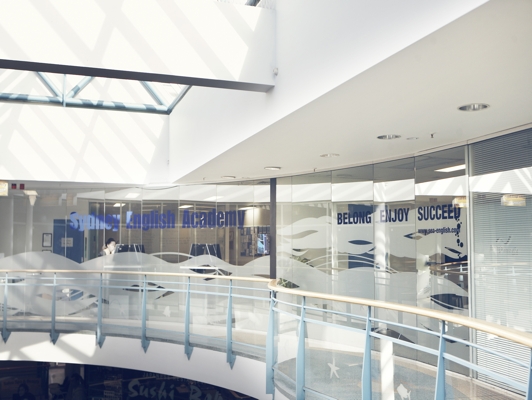
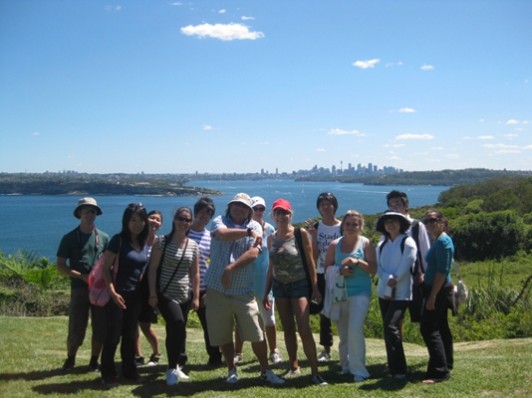
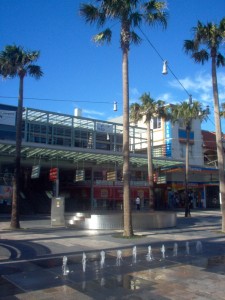
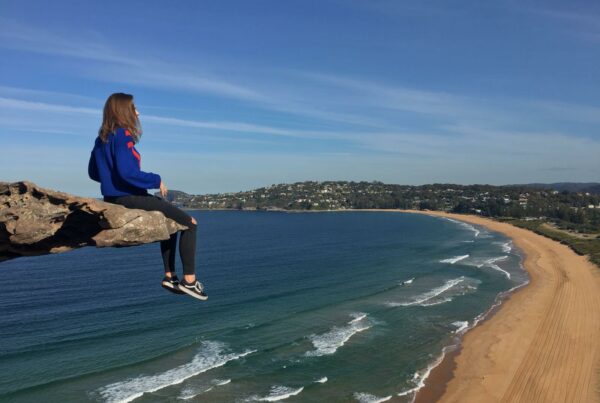
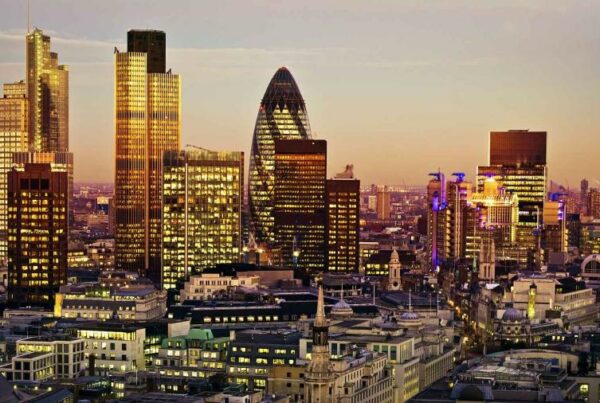
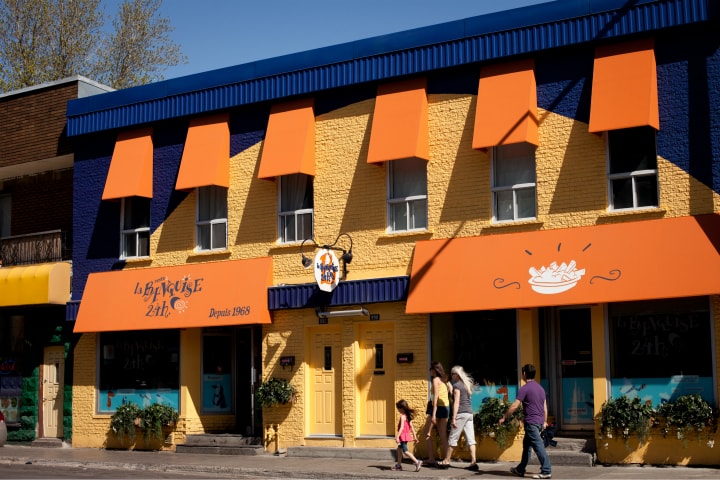
What do you think?